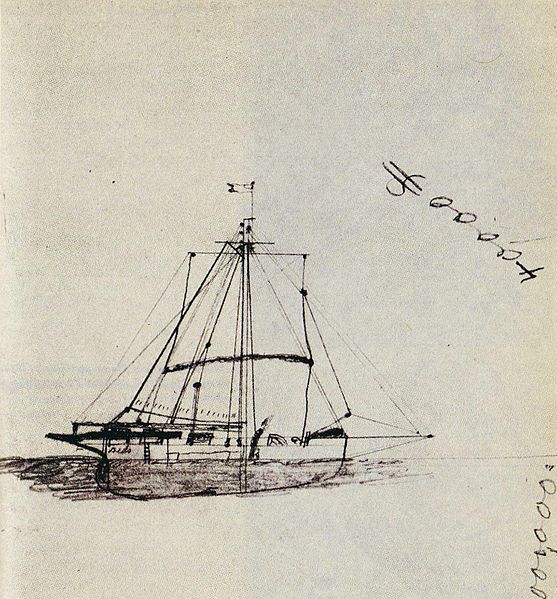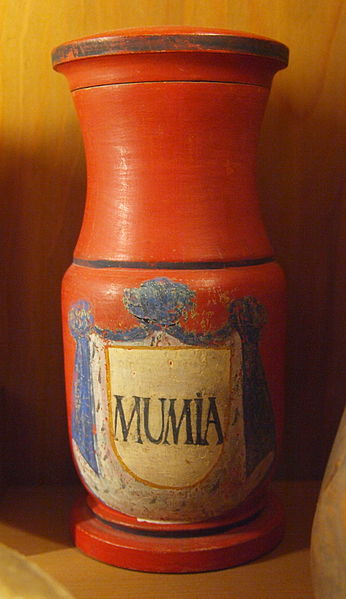Human sacrifice is the act of killing one or more humans as part of a ritual, which is usually intended to please or appease gods, a human ruler, public or jurisdictional demands for justice by capital punishment, an authoritative/priestly figure or spirits of dead ancestors or as a retainer sacrifice, wherein a monarch's servants are killed in order for them to continue to serve their master in the next life. Closely related practices found in some tribal societies are cannibalism and headhunting. Human sacrifice is also known as ritual murder.
An excavated tzompantli from the Templo Mayor in modern-day Mexico City
Human sacrifice in the kingdom of Dahomey
Hawaiian sacrifice, from Jacques Arago's account of Freycinet's travels around the world from 1817 to 1820
The mythological sacrifice of Polyxena by the triumphant Greeks at the end of the Trojan War
Human cannibalism is the act or practice of humans eating the flesh or internal organs of other human beings. A person who practices cannibalism is called a cannibal. The meaning of "cannibalism" has been extended into zoology to describe animals consuming parts of individuals of the same species as food.
A cannibal feast on Tanna, Vanuatu, c. 1885–1889
Sketch of the Mignonette by Tom Dudley. In English common law, the R v Dudley and Stephens (1884) case banned survival cannibalism after maritime disasters, which had been a widely accepted custom of the sea.
Enemies being killed and roasted in South America – engraving by Theodor de Bry (1592)
An 18th-century albarello used for storing mummia. Medicinal cannibalism was widespread in many countries of early modern Europe.








